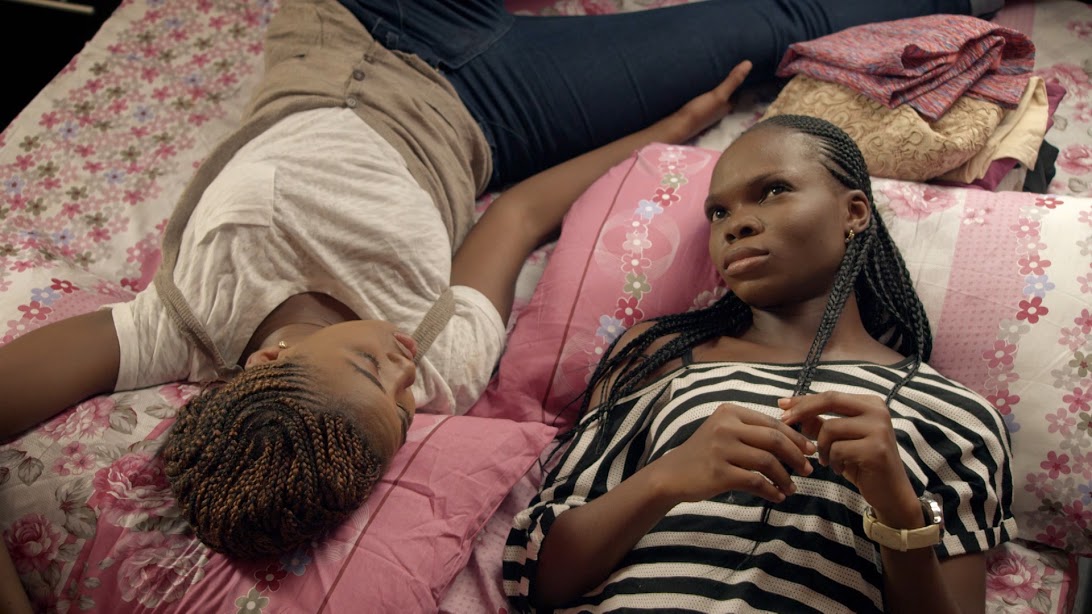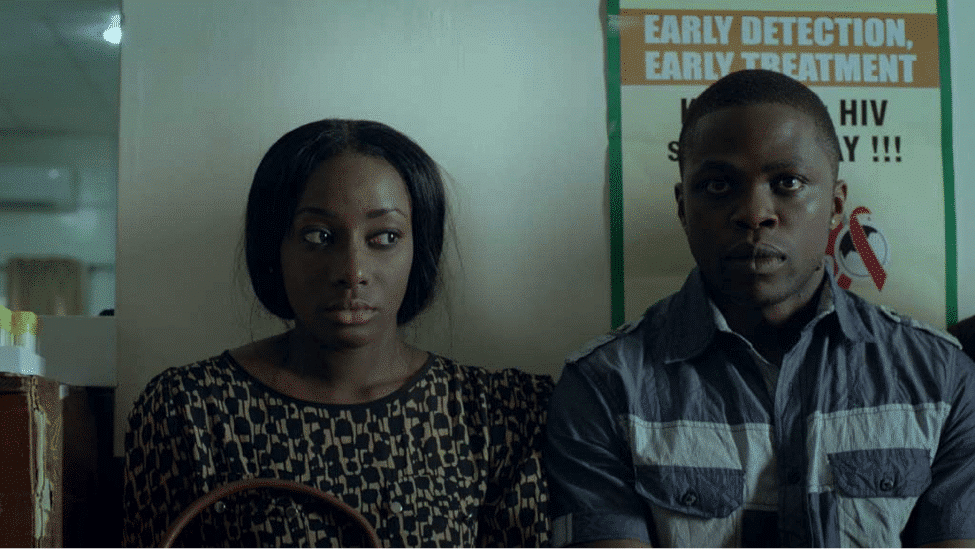Nigeria (Lagos)
“What’s it like to be a real life Weki or Femi?” asks the blog for gritty teen drama MTV Shuga.
Weki and Femi are the protagonists in the network’s successful African soap opera about a group of students “who play with cars and lovers and above all, risk.” But MTV Shuga isn’t just a show. The taboo-breaker confronts unsafe sex and HIV in Africa – by making it cool, or at least normal, to get tested. Its pithy one-liners reach young people in a way traditional campaigns haven’t. A student urges her sugar daddy to use condoms. He tells her… “An orange is not savoured with its peel on.”
“MTV Shuga is the gold-standard model for use of mass media as a means to change the behaviour of young people,” says Georgia Arnold, Executive Director of MTV’s Staying Alive Foundation. After launching in 2009 to two hugely successful seasons in Kenya – and breaking Academy Award-winning actress Lupita Nyong’o – the relationship drama moved to Nigeria, which suffers from the world’s second-highest HIV rate. Testing rates are low owing to social taboos about discussing sex, with only 17% of young people knowing their status.
The team took MTV Shuga off air and into communities, training ‘peer educators’ and providing on-the-spot testing, counselling services and distributing condoms. By teaching teens how to teach each other about sexual and reproductive issues, MTV leave a legacy of dedicated locals fighting the spread of HIV in their communities.
One MTV Shuga Live Tour saw booths overrun with over 47,000 getting mass tested. “Stigma that exists is around hospitals and testing facilities – the fear that you might bump into a relative or someone you know on a hospital visit,” says Arnold. “Mobile testing is a key factor in mobilising large numbers of young people.” Four series in, 58% of young people in Nigeria (an estimated 7.4 million people) are aware of MTV Shuga and 15% (an estimated 1.8 million) had been for an HIV test as a result.
Staying Alive and MTV want to do more to offer ongoing support to help with the crucial initial period after someone tests HIV positive. Their next phase, supported by Bill and Melinda Gates Foundation and The Elton John AIDS Foundation, will see 140 peer educators undergo refresher training and an additional 60 recruited.
Through fusing this sexual health messaging with relatable characters, young people are learning to savour an orange “with its peel on”.
Project leader
Georgia Arnold, Executive Director, Staying Alive Foundation and Richard Warburton, Project Director
Support the Atlas
We want the Atlas of the Future media platform and our event to be available to everybody, everywhere for free – always. Fancy helping us spread stories of hope and optimism to create a better tomorrow? For those able, we'd be grateful for any donation.
- Please support the Atlas here
- Thank you!

Sheila and Femi

Mary

Bongi and Mary

Sophie and Ekene

Testing booths

